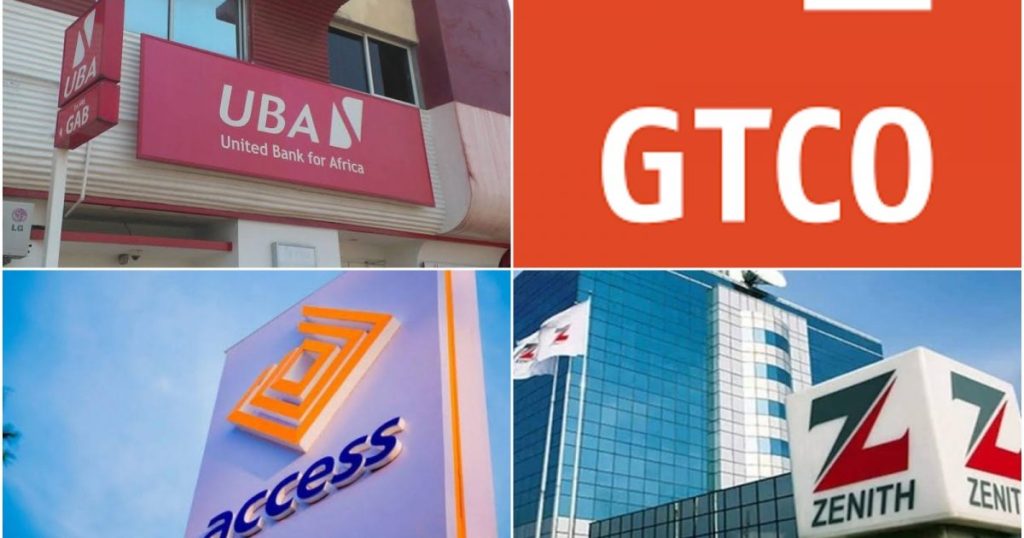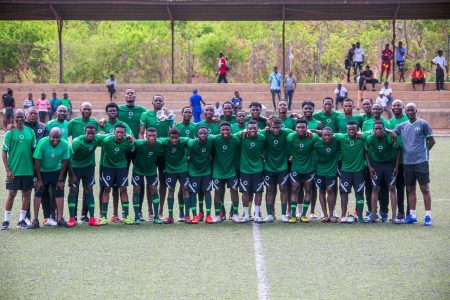As financial analysts evaluate the capital raising efforts by Nigerian banks, they have identified delays in share allotment primarily arising from the investor verification process mandated by the Central Bank of Nigeria (CBN). Following an increase in the capital base announced by the CBN in March, several banks, including Guaranty Trust Holdings Plc, Zenith Bank Plc, Access Holdings Plc, Fidelity Bank Plc, and FCMB Group Plc, entered the market to secure funds. Through a mixture of public offers and rights issues, these institutions collectively raised around N1.26 trillion (approximately $770 million) over the past two months to comply with the CBN’s requirements. With the final offers concluded recently, the responsibility now lies with the CBN to verify the investors, particularly those acquiring substantial stakes in the banks.
Ayokunle Olubunmi, the Head of Financial Institutions Ratings at Agusto & Co., elaborated on the verification challenge. After banks complete their capital raising activities, they submit the necessary documentation to the CBN for investigation, which lacks a defined timeline for resolution. In some instances, the verification process has stretched beyond six months. Although the CBN has indicated it would expedite the review this time, the variability in timing often arises from delays in obtaining the required information from the banks themselves. Olubunmi highlighted the comprehensive nature of the CBN’s checks, which not only verifies the identity of investors but also scrutinizes the legitimacy and source of their funds to ensure they are appropriate shareholders.
Moreover, Mr. Oluseyi Owoturo, President of the Institute of Capital Market Registrars, asserted that the complexity of the share verification process in the banking sector further contributes to these delays. The CBN enforces rigorous capital verification processes to ascertain the legitimacy of funds from investors, assessing their qualifications to hold shares in banks. Once the CBN grants clearance, the proposals are submitted to the Securities and Exchange Commission (SEC) for approval. The historically protracted nature of these verification processes often leads to inevitable delays in share allotment, which has become a critical bottleneck for the banks involved.
According to a framework released by the SEC detailing banking sector recapitalization, no allotment proposals will be green-lit until the CBN completes its capital verification process. This protocol underscores that banks cannot expect preferential allotment, further emphasizing the stringent guidelines governing the recapitalization efforts. The renewed commitment from the SEC and CBN to combat illicit financing within this context reflects a broader emphasis on ensuring that only legitimate capital is introduced to the banking sector. These checks are crucial, as both organizations aim to instate a healthy and compliant financial environment amid the recapitalization procedures.
In a circular issued in March, the CBN outlined its robust anti-money laundering regulations, which are integral to the verification process. Collaborating with law enforcement agencies, the CBN has committed to closely monitoring the recapitalization activities to prevent illicit funds from infiltrating the banking system. The requirements laid out necessitate that all banks perform comprehensive anti-money laundering screenings, including Know Your Customer (KYC) protocols, customer due diligence, and monitoring for suspicious transactions. By enforcing these regulations rigorously, the CBN aims to maintain financial integrity while ensuring the stability of the banking sector during this recapitalization phase.
Overall, the intricate verification process required by the CBN remains a critical component shaping the ongoing capital raising activities among Nigerian banks. While the banks strive to meet new capital requirements and move forward with their allotment proposals, the necessity of thorough checks to mitigate risks associated with illicit financing is paramount. This balancing act between the urgency of capital acquisition and the diligence of regulatory scrutiny illustrates the complexities faced by financial institutions operating within Nigeria’s evolving banking landscape. As these processes unfold, stakeholders await clearer timelines and outcomes that will ultimately influence the financial health and regulatory adherence of the nation’s banking sector.













